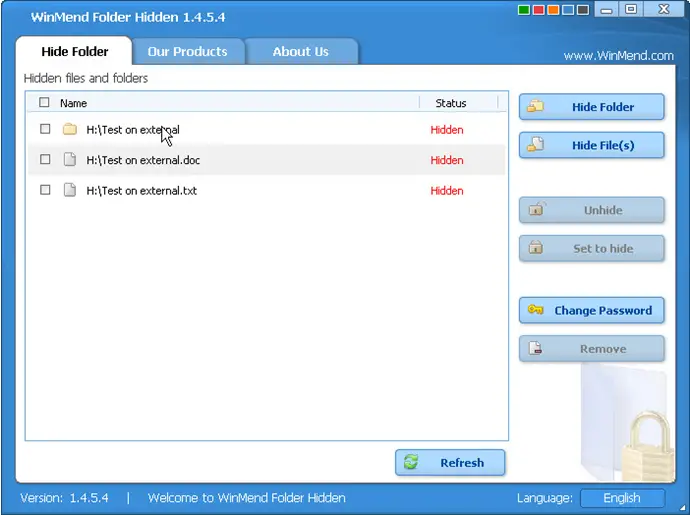
However, if a computer is so dead that nothing happens when the power button is pressed, then having a hard disk password makes things a bit more complicated. For Windows to start at all, the password must be provided and validated. If Windows fails to boot, perhaps yielding the infamous Blue Screen of Death, then the hard disk password is not your problem. We'll examine hacking your way through a hard disk password next time. If it can't be bypassed, then the burden falls on the end user not to forget it. If the hard disk password can be easily bypassed, then it doesn't offer much security. There is no one right answer for dealing with forgotten passwords. In contrast, Thinkpads let you set both User and Master passwords. I say "should" because the Acer Aspire One only allows you to set a single password. Outside of a corporation, you should be able to set both the Master and User passwords, in effect, giving you two passwords. In a corporate environment the home office techies should have set the Master password which allows them access even when employees forget their User level password.

each time you resume normal operation from standby mode." At least some Dell machines prompt for the hard disk password ". I tested an Acer Aspire One netbook and it asked for the password. At least some machines do prompt for the hard drive password when waking up from hibernation, but it's the sort of thing you should test on whatever computer(s) you may want to protect this way.

The Windows hibernation feature is a gray area. If a desktop machine offers hard disk passwords but it's never turned off, as many are not, then there's no protection. For laptop/notebook users this means that if your computer is lost or stolen while it's suspended or sleeping, the hard disk password won't protect your files from snooping by bad guys. Regardless of how good the protection may be, once the machine is running, hard drive passwords are irrelevant. Perhaps the biggest drawback is that the password only comes into play when a computer is turned on. If it's there, it will probably be in a "Security" or "Password" section. To see if it's available, you have to get into the BIOS setup/configuration program and poke around. To begin with, not all computers offer hard disk passwords as an option. They are more secure than operating system passwords or BIOS-resident power-on passwords.


They offer great security without having to install any software, without having to learn much, without having to spend a nickel and at the minor nuisance cost of entering a single password when turning on your computer. Hard drive passwords block access to all the files stored on the hard disk in your computer.


 0 kommentar(er)
0 kommentar(er)
